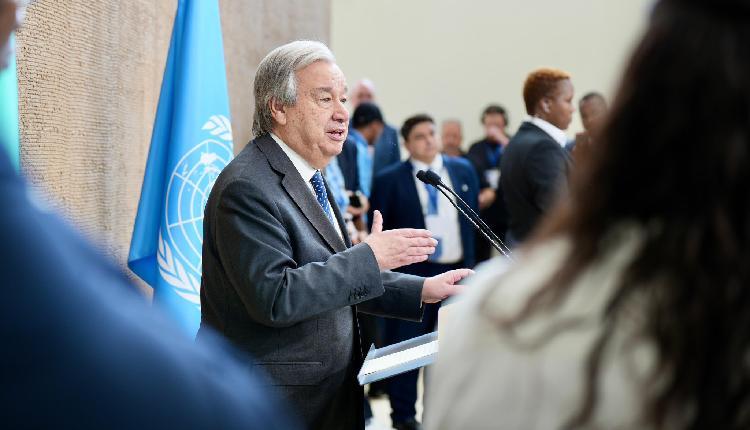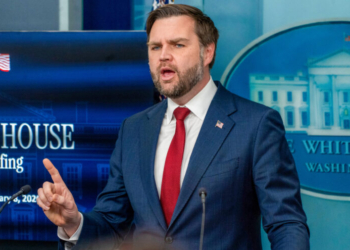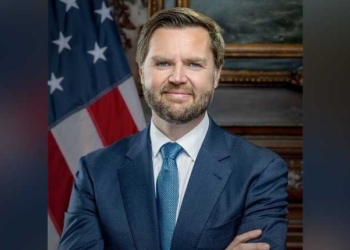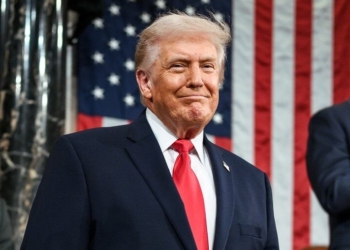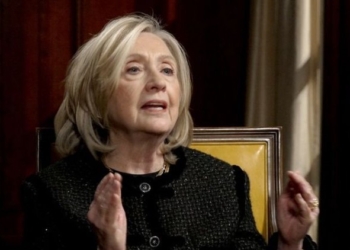Dubai: As the annual two-week UN Climate Change Congress (COP28) approaches the finish line, UN Secretary General Antonio Guterres on Monday said the key to success was for nations to adopt an ambitious outcome that demonstrates decisive climate action and a credible plan to keep the 1.5 degrees Celsius warming limit alive and to protect those on the frontlines of the climate crisis.
With less than 48 hours before the summit’s scheduled close in Dubai, Guterres said he had come back to COP28 because “we are on the brink of climate disaster and this conference must mark a turning point”.
“We are in a race against time. Our planet is minutes to midnight for the 1.5 degree limit. And the clock keeps ticking,” Guterres told reporters.
He was categorically clear in saying “the need to phase out all fossil fuels” — a stance opposed by oil producers led by Saudi Arabia.
What is incoming on Monday at COP28?
The first much awaited is the Global Stocktake text. “This is the main deal in Dubai, and the future of the world’s fossil fuel use is at stake. The COP Presidency (UAE) now holds the pen — it’s gambling this will be close enough to a landing zone that we can wrap on Tuesday. If not, COP28 is set to smash records for the longest summit given we’re in the penultimate day,” an observer told IANS.
Saudi Arabia and OPEC pushback on fossil fuel phase out lines is a sign of ‘panic’.
Late Sunday rumours swirled over a US-China bilateral. Would they deliver a joint statement of intent, building on the November 14 Sunnylands statement that talked of tripling renewables and ‘accelerating the substitution’ of oil, gas and coal inside the next decade? None landed. Still, the world’s top oil and gas producer and planet’s main coal guzzler have much in common — not least they’re the world’s top two historical emitters.
At COP28, the International Energy Agency (IEA) emphasizes urgent actions needed to keep the 1.5 degrees Celsius goal in reach.
The IEA delegation in Dubai, led by Executive Director Fatih Birol, has laid out five interdependent pillars for action between now and 2030.
They are triple global renewable power capacity; double the rate of energy efficiency improvements, commitments by the fossil fuel industry, and oil and gas companies in particular, to align activities with the Paris Agreement, starting by cutting methane emissions from operations by 75 per cent; establish large-scale financing mechanisms to triple clean energy investment in emerging and developing economies; and commit to measures that ensure an orderly decline in the use of fossil fuels, including an end to new approvals of unabated coal-fired power plants.
The International Renewable Energy Agency (IRENA) is engaging directly with the COP28 Presidency to build momentum in support for the COP28 Global Renewables and Energy Efficiency Pledge.
As of Sunday, 130 countries have stated their endorsement or informal commitment to this target. But the pledge must translate into concrete actions, taking national circumstances into account, it says.
The forthcoming round of Nationally Determined Contributions (NDCs) in 2025 represent a prime opportunity to make a transformative leap forward, it adds.
Responding to the ongoing negotiations, Christiana Figueres, former UNFCCC head, said: “The transformation we are already witnessing in the real economy, especially in renewable energies, is significant, but not sufficient. It needs to be backed up by concrete shifts on the finance side, as well as initiatives related to food and nature.
“It’s indeed exciting to see the energy sector evolving, but our mindset must evolve too. Leaving COP28 without an ambitious Global Stocktake is not an option, we need everyone on board rather it must be a collective exercise involving all parties in the process.”
Sounding warning on climate change health threat, UN Climate Change (UNFCCC) Executive Secretary, Simon Stiell, told reporters, “We do not have a minute to lose.”
“Negotiators have a chance, right here in Dubai over the next 24 hours, to start a new chapter — one that really delivers for people and the planet.
“The highest climate ambition means more jobs, stronger economies, stronger economic growth, less pollution, better health.
“Much more resilience, protecting people in every country from the climate wolves at our doors.
“Secure, affordable, safe energy for all, through a renewable energy revolution that leaves no country or community behind, instead leaving our dependence on fossil fuels behind.”
Urging negotiators to reject incrementalism, Stiell told IANS the Global Stocktake needs to help all countries get out of this mess. “Any strategic landmines that blow it up for one, blow it up for all.”
“The world is watching, as are 4,000 members of the global media, and thousands of observers here in Dubai. There is nowhere to hide,” he said.
Sounding an optimistic note, he added, “Science is the backbone of the Paris Agreement, especially when it comes to the world’s temperature goals and the planetary limit of 1.5. That centre must hold.”
(IANS)




